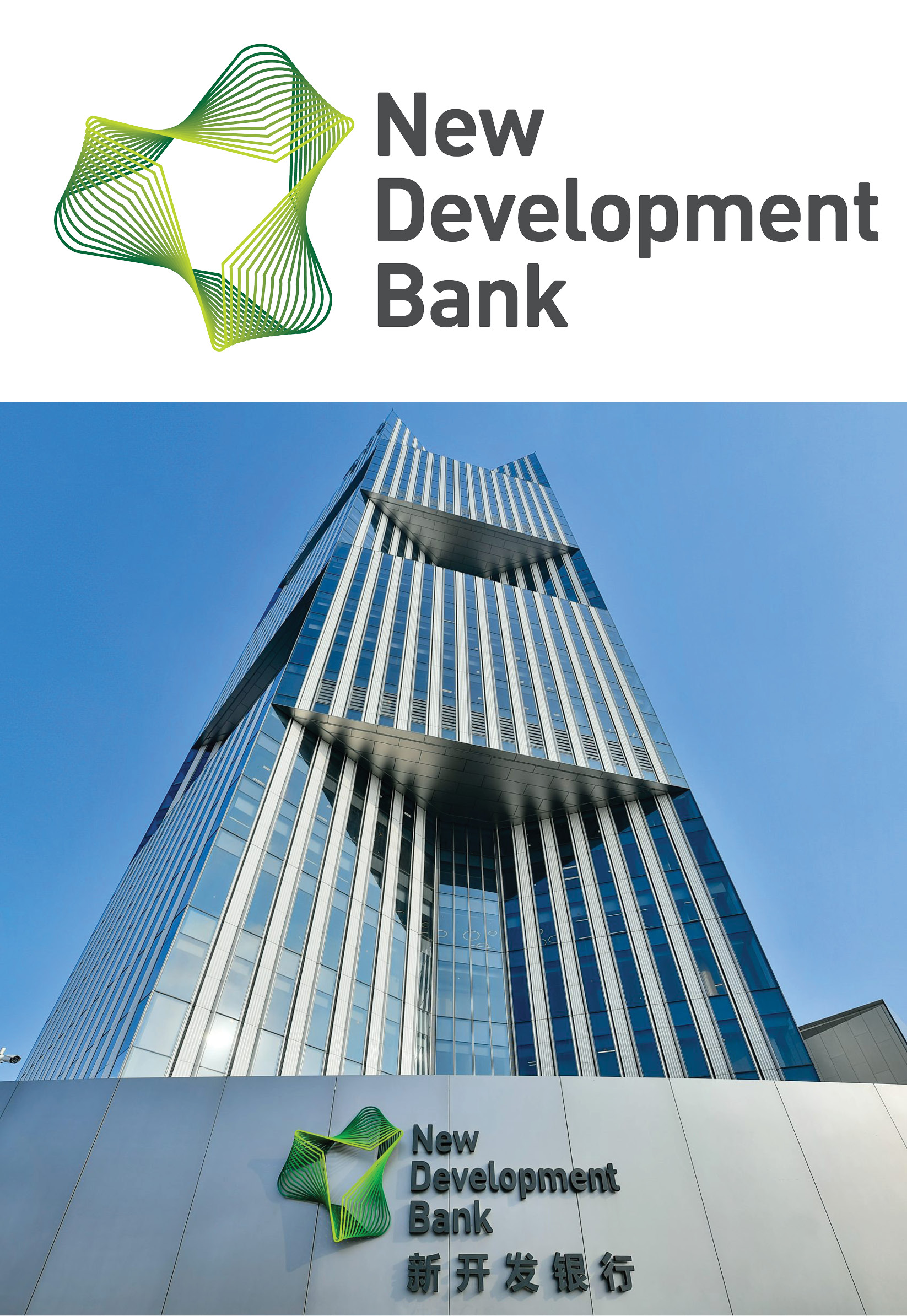Three Pillars of Cooperation
Political and Security Cooperation

BRICS members are leading members of the United Nations (UN), the G20, the World Trade Organisation, the Non-Aligned Movement and the Group of 77, as well as continental and regional organisations, including the African Union (AU), Southern African Development Community (SADC), Southern Common Market (MERCOSUR), Shanghai Cooperation Organisation (SCO), Asia Pacific Economic Cooperation (APEC), Bay of Bengal Initiative for Multi-Sectoral Technical and Economic Cooperation (BIMSTEC), Commonwealth of Independent States (CIS), Collective Security Treaty Organisation, Eurasian Economic Union (EEU) and the Indian Ocean Rim Association (IORA), to name but a few.
The Political and Security Cooperation Pillar is the backbone of cooperation with BRICS Leaders usually meeting twice a year – once for the BRICS Summit and once on the margins of the G20 Summit. BRICS Ministers of Foreign Affairs and International Relations also usually meet twice a year – once for a standalone meeting and again on the margins of the UN General Assembly. BRICS national security advisers meet to coordinate a BRICS approach to peace and security matters. BRICS cooperation is built on the principles of mutual respect, sovereign equality, inclusiveness, consensus and strengthened collaboration.
BRICS is a partnership of influential countries who champion inclusive multilateralism. A reformed UN lies at the centre of a shared BRICS vision of a restructured global political, economic and financial architecture that reflects the contemporary world and is more equitable, balanced and representative. BRICS has stated its inclusive and representative vision for reform in the Joint Statement on Strengthening and Reforming the Multilateral System, adopted in 2021. Other BRICS security mechanisms provide for dialogue and sharing of best practice in the areas of counterterrorism, cyber-security, transnational organised crime, anti-drug and anti-corruption cooperation.
Useful links:
Financial and Economic Cooperation
BRICS countries have been the main engines of global economic growth in recent years. The combined economic strength of BRICS can be a catalyst for sustainable global economic recovery and respond to the disruptions to supply chains and challenges of food and energy insecurity.
The Financial and Economic Cooperation pillar is substantial with meetings of Ministers of Trade, Industry, Agriculture and Energy, to name but a few. The Contact Group for Economic and Trade Issues works in support of the ministers by proposing institutional frameworks and measures to expand cooperation on economic and trade issues among the BRICS countries.
The revised Strategy for BRICS Economic Partnership provides the basis for enhancing intra-BRICS economic interaction and cooperation, including opportunities for market access and to facilitate market inter-linkages, promote mutual trade and investment, create a business-friendly environment and diversify trade and investment cooperation that supports value addition. BRICS has agreed to strengthen collaboration in catalytic sectors such as energy; information and communications technology; science, technology and innovation; agriculture; and the green economy.
The BRICS Business Council and the BRICS Women’s Business Alliance bring together important commercial corporate and women’s entrepreneurial networks vital to broader socio-economic growth and recovery.
The New Development Bank (NDB) was established in 2015 with a AAA and AA+ credit rating to play a catalytic role in providing financial support to emerging markets and developing countries for infrastructure gap, sustainable development and equity in power-sharing. The location of the NDB Africa Regional Centre in Johannesburg is aimed at enhancing infrastructure development on the continent. In 2021, the NDB welcomed Bangladesh, Egypt, the United Arab Emirates and Uruguay as new members, firmly positioning the Bank as a preferred global financing mechanism for emerging markets and developing countries.

Cultural and People-to-People Cooperation

BRICS cooperation provides tangible benefits for South Africa through research and innovation, energy, health and education cooperation. More than 100 multilateral BRICS research projects have been funded under the BRICS Framework Programme. The BRICS partnership involves a strong commitment to joint ownership and shared responsibility, the real and open sharing of experience, expertise and resources; and a determination to contribute BRICS respective, comparative scientific and technological strengths for the advancement of the global good.
In 2021, BRICS space agencies signed the Agreement on the Cooperation on BRICS Remote Sensing Satellite Constellation. This agreement enables cooperation among BRICS space agencies to build a virtual constellation of remote sensing satellites, as a data-sharing mechanism, made up of existing satellites contributed by BRICS space agencies. The establishment of a virtual BRICS Vaccine Research and Development Centre in 2022 will strengthen global capacities to prepare for, and respond to, pandemics.
BRICS cooperation further aims to accelerate industrialisation under the Fourth Industrial Revolution BRICS platforms have been established to share best practice, knowledge and expertise, including the use of open-source technology platforms. BRICS countries seek to move towards a low-carbon development path that is inclusive and sustainable while acknowledging the principles of common but differentiated responsibilities. The BRICS Energy Research Cooperation Platform will be valuable as BRICS moves to diversify its energy sources.
BRICS education cooperation has enabled the sharing of information and a better understanding among member states of their education systems. BRICS education cooperation has resulted in the establishment of the Network of BRICS Universities in 2018. The BRICS Academic Forum and BRICS Think Tank Council have developed academic and institutional ties that provide BRICS Leaders with a knowledge base and the chapters of the BRICS Civil Forum provide a feedback loop on the impact of BRICS policies on the ground in communities.
People-to-people cooperation manifests through art, film and cultural exchanges; the BRICS Film Festival; BRICS cultural events; BRICS Games; increased access to capital for infrastructure and sustainable development; enhanced research and innovation; recovery of the tourism sector; investment and trade; more opportunities for businesspeople, researchers and students; the empowerment of women, girls and the youth; and increased living standards of our people.
Useful links:


